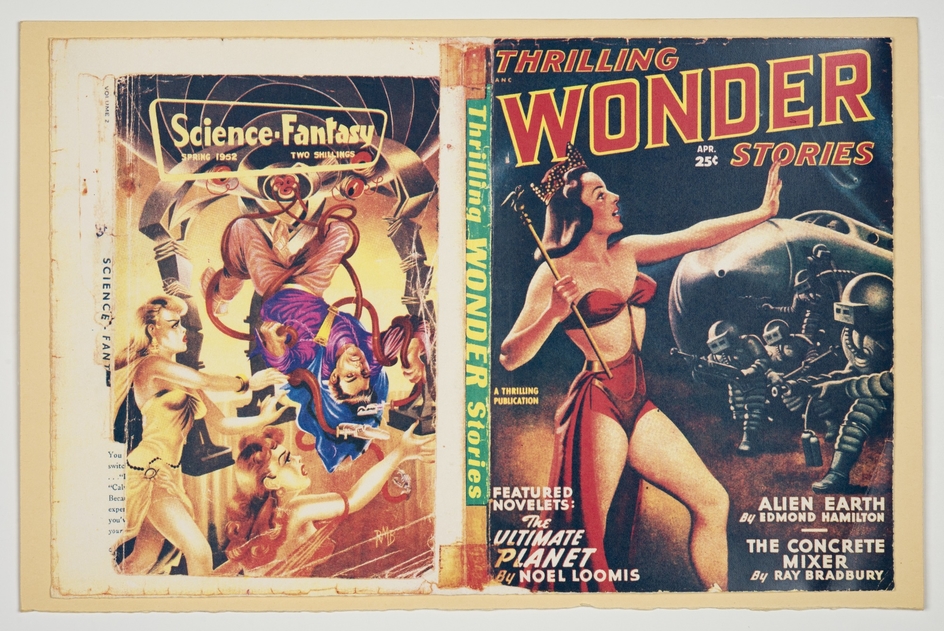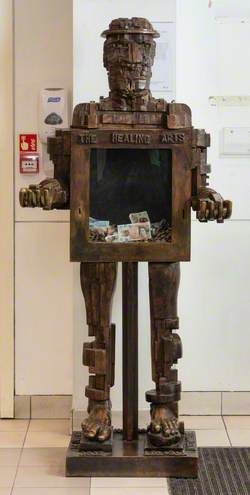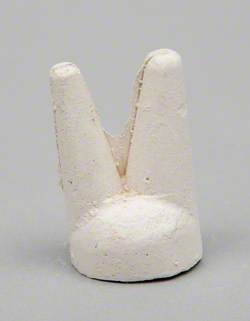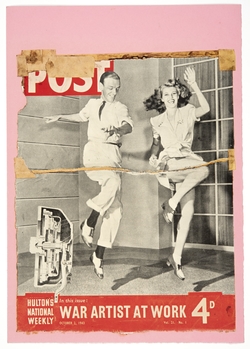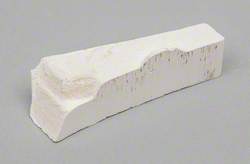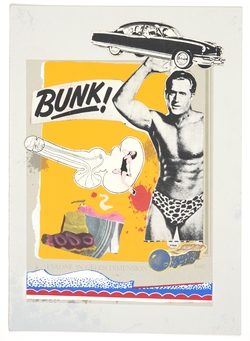How you can use this image
This image can be used for non-commercial research or private study purposes, and other UK exceptions to copyright permitted to users based in the United Kingdom under the Copyright, Designs and Patents Act 1988, as amended and revised. Any other type of use will need to be cleared with the rights holder(s).
Review the copyright credit lines that are located underneath the image, as these indicate who manages the copyright (©) within the artwork, and the photographic rights within the image.
The collection that owns the artwork may have more information on their own website about permitted uses and image licensing options.
Review our guidance pages which explain how you can reuse images, how to credit an image and how to find images in the public domain or with a Creative Commons licence available.
Notes
Add or edit a note on this artwork that only you can see. You can find notes again by going to the ‘Notes’ section of your account.
While in the late-1940s austerity measures persisted in Britain, American commodities and advertising, by contrast, reflected the USA’s economic and cultural dominance. They also reflected America’s popular imagination inspired by the emerging jet and space age. Eduardo Paolozzi explored this when, to compile his Surrealist-inspired collages, he acquired magazines from ex-US servicemen in Paris as well as from shops in the East End of London. He made these collages between 1947 and 1952. In 1952 he showed them in a slideshow for fellow members of the Independent Group, an inter-disciplinary group of artists, architects, writers and critics who later, as rationing ended, defined everyday visual culture as ‘Pop’ – ‘expendable’, ‘mass-produced’, 'young', and ‘sexy’.
Title
4. The Ultimate Planet (from 'Bunk')
Date
1972
Medium
screenprint
Accession number
FA05374
